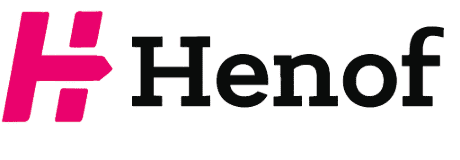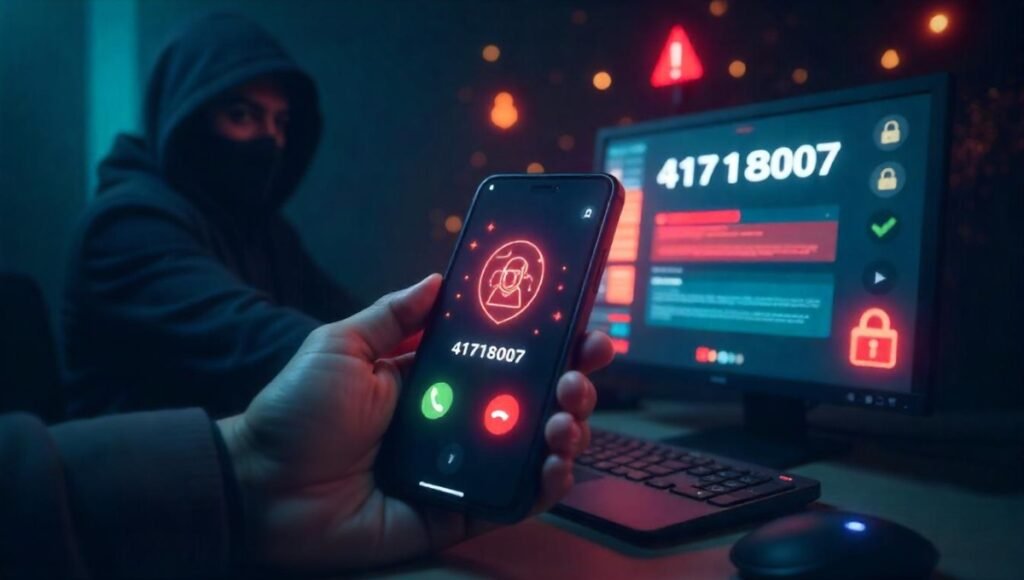With everything this digital world that we live in, online fraud has risen high and fast. One recent scam that has caught the attention of many users is the “41718007” scam. This fraud scheme is meant to cons you, unsuspecting individual, into giving up personal information, making someone else pay without that person’s knowledge, or even stealing your sensitive financial information. It’s important to understand what the warning signs of such scams should look like and how to protect yourself. In this article, we’ll explore the 41718007 scam, how it works, and steps you can take to safeguard yourself against it.
Table of Contents
What Is the 41718007 Scam?
The “41718007” scam typically involves unsolicited messages or phone calls from numbers that include or reference the sequence 41718007. And these messages typically say that they’re coming from respectable entities like banks, online merchants or service providers, and include language that encourages urgent action. The scammer’s goal is to get their victims to give up personal information, such as credit card number, login credentials or Social Security number.
How to Identify the 41718007 Scam
To protect yourself from the 41718007 scam, it’s important to recognize its warning signs. Here are some key red flags:
- Unsolicited Contact: If you receive a call, text, or email from an unknown source referencing 41718007 or a similar number, be cautious. No legitimate company will ever contact you unsolicited, or ask for anything unless it is required.
- Urgency and Threats: Scammers may create the feeling of urgency for a response because your account has been compromised, or because you will be subject to legal action without a prompt response.
- Request for Personal Information: Be very careful about any communications that request personal information – such as passwords, Social Security numbers, payment details – especially if you don’t know the source.
- Suspicious Links: Be careful to look at URL which is given to you if you’re directed to a website. Fake websites which scammers create — that look a like there are real but have small spelling or domain variations — are also created by them.
Steps to Protect Yourself from the 41718007 Scam
Protecting yourself from online fraud like the 41718007 scam requires vigilance and proactive measures. Here are some steps you can take to safeguard your personal and financial information:
- Verify the Source: If you get a strange message or call, don’t give out any personal info right away. In case other than that , contact the company or organization directly by a valid phone number or by an official website to check if they really sent you the mail.
- Ignore Unsolicited Requests: Ignore it or block the sender if something feels off; it’s a call or a message that doesn’t fit with the rest. Victims are lured in, and scammers count on victims replying without thinking — so taking a second can save you from making costly mistakes.
- Enable Two-Factor Authentication (2FA): Enable two factor authentication on every platform you use. With this last form of authentication, even if a scammer is able to get your login credentials, they won’t be able to access your account without this second form of authentication.
- Use Strong Passwords: Make sure your passwords are unique, and complex, per account. It’s less likely a scammer will have access to many accounts if one set of credentials get compromised.
- Report the Scam: If you encounter the 41718007 scam, report it to your local authorities or online fraud reporting services. The more authorities know, the more they can work to stop scams and protect other people.
- Regularly Monitor Accounts: Keep a close eye on your bank and credit card statements looking for suspicious activity. Any financial loss due to unauthorized transactions can be mitigated by an early detection.
Conclusion
As scams like the 41718007 fraud become more common, it’s crucial to stay informed and take steps to protect yourself. Since you can reduce the risk in falling for such schemes; by having a clue of the warning signs, be cautious of unsolicited messages and abide with best practice online security. Remember that if something doesn’t feel right, or seems too good to be true, if it feels off, it’s always best to play it safe.
FAQs
1. What is the 41718007 scam?
The 41718007 scam involves unsolicited messages or calls designed to trick victims into providing personal or financial information. This number is used by scammers to make you believe they’re legit before they try to steal from you.
3. What should I do if I encounter the 41718007 scam?
If you receive this scam, do not reply to the sender. Instead, report the incident to your local authority or an online fraud reporting service if you are one of thousands of victims of this type of crime.

